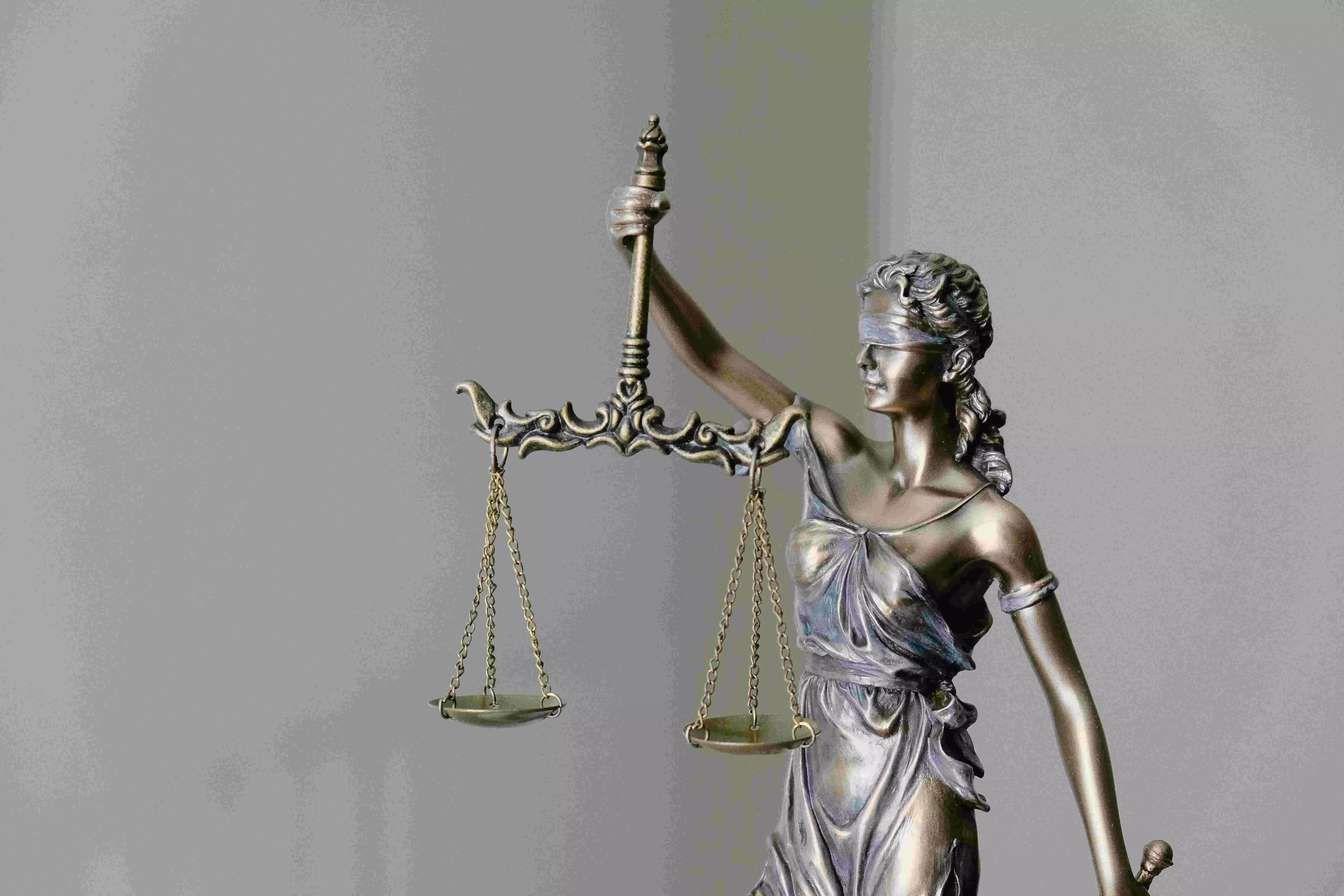Shield for justice
Principles of natural justice hold high significance in ensuring fair hearings and transparency in administrative decisions, which is crucial for upholding justice and protecting individual rights

There are some fundamental basics in law, knowledge of which can at times save time and money, such as Principles of Natural Justice. "No one should be condemned unheard" is a sentence commonly used, especially in administrative matters. Cardinal principles of natural justice are: ‘Nemo judex in causa sua’, meaning no one should be made a judge in his own cause, and the rule against bias, ‘Audi alteram partem’ means to hear the other party, ensuring no person should be judged without a fair hearing or condemned unheard. Further elaborating, as per various dictums, justice should not only be done but seen to be done; impartial hearing must be extended to the person against whom a charge or anything similar is framed to state his case; the final decision should be by way of a speaking order etc.
As per common law, there must be absolutely reasonable opportunity of hearing provided in any case, either before judicial authority, quasi-judicial, or statutory body. In Maneka Gandhi vs Union of India, 1978, former Hon’ble Chief Justice MH Beg, in a decision of great jurisprudential significance in our constitutional law, in a concurring but different opinion, held that an order impounding a passport is a quasi-judicial decision. Further elucidating, it was said when an administrative action involving any deprivation of or restriction on fundamental rights is taken, the authorities must ensure that justice is not only done but manifestly appears to be done as well.
The Apex Court in various judgments, such as in the case of AK Kraipak vs UOI, has detailed on the subject of bias. Broad examples of bias as laid down in various dictums are pecuniary bias, personal bias, and official bias. Furthermore, courts have also emphasised that any person proceeded against is required to be informed about the exact nature of charges levelled against him. The authority taking a decision must apply mind to the explanation given by the said person in response to the show-cause notice. Courts have clarified that the application of mind must be apparent from the order passed. In Biecco Lawrie Ltd., 2009, the Supreme Court has clearly stated that one of the essential ingredients of a fair hearing is that a person should be served with a proper notice, which should be clear and precise and make an effective defence. The adequacy of notice is a relative term and must be decided with reference to each case. But generally, a notice to be adequate must contain the following: (a) time, place, and nature of hearing; (b) legal authority under which the hearing is to be held; and (c) a statement of specific charges which a person has to meet.
In Siemens Engg. and Mfg. Co. of India, 1976, the Supreme Court held that an authority, in making an order in the exercise of its quasi-judicial function, must record reasons in support of the order it makes. Every quasi-judicial order must be supported by reasons. Principles of natural justice are so important that they apply even where not expressly provided under a statute; though it has also been clarified that in case of conflict between a statutory provision and natural justice, the former should prevail. But where there is no such exclusion in the statute, the application of the principles can be assumed in cases where in the exercise of administrative jurisdiction the rights of citizens are affected to their prejudice.
Certain judgments such as Vivekanand Sethi vs Chairman, Supreme Court, 2005, have clarified that principles of natural justice are no unruly horse. The principles of natural justice are required to be complied with, having regard to the fact and situation therein. It cannot be put in a straitjacket formula. It cannot be applied in a vacuum without reference to the relevant facts and circumstances of the case. For example, when facts are admitted, an inquiry would be an empty formality. Even the principle of estoppel will apply. Certain judgments have also held that prejudice is to be shown by the person alleging non-compliance of principles.
Thus, an order passed behind one's back without due notice, even by an administrative body, can be validly challenged on the basis of principles of natural justice. At the same time, one should not avoid receiving notices to falsely build a case on such basic principles, as that may lead to adverse inference.
The writer is a practising Advocate in Supreme Court and High Court of Delhi. Views expressed are personal



